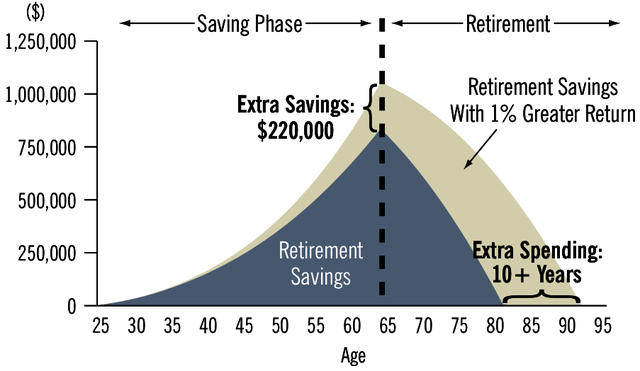Hi all...just found this board so decided to register. 34, married, 1 child, homeowner, Roth, Rollover IRA, and SIMPLE plan.
Wife is a teacher with a pension and a Roth IRA.
Ideal world would be to retire at 50 , but could live with 55, and worse case scenario would be 60
, but could live with 55, and worse case scenario would be 60  .
.
Looking for ideas to achieve my early retirement goal. Right now I am mainly using mutual fund with managers that have a value based investing approach, invest a large portion of their own money beside mine, can move to cash, can invest anywhere (not limited by prospectus to a Mstar box) they see value..ie US, international, small, mid, large, etc. I am almost 100% equity right now using 6 fund managers that meet my criteria in both my SIMPLE and Rollover IRA. What little fixed income I have is invested in Strategic Income Funds and Floating Rate Funds. The Roth IRA is invested in stocks of silver mining companies, Oil ETFs, Healthcare ETFs and some other various stocks.
Investable assets are 134k with annual savings of $16,500. (plus the wifes pension) She will be full retirement age at 55 with her 30 years of teaching.
Will mutual funds get me to my goal? Do I need more individual stock exposure? Emerging markets? Should I lower my SIMPLE contribution in favor of an after tax account for pre-age 59.5?
Time to go explore the rest of this forum.
Thanks.
Wife is a teacher with a pension and a Roth IRA.
Ideal world would be to retire at 50
 , but could live with 55, and worse case scenario would be 60
, but could live with 55, and worse case scenario would be 60  .
.Looking for ideas to achieve my early retirement goal. Right now I am mainly using mutual fund with managers that have a value based investing approach, invest a large portion of their own money beside mine, can move to cash, can invest anywhere (not limited by prospectus to a Mstar box) they see value..ie US, international, small, mid, large, etc. I am almost 100% equity right now using 6 fund managers that meet my criteria in both my SIMPLE and Rollover IRA. What little fixed income I have is invested in Strategic Income Funds and Floating Rate Funds. The Roth IRA is invested in stocks of silver mining companies, Oil ETFs, Healthcare ETFs and some other various stocks.
Investable assets are 134k with annual savings of $16,500. (plus the wifes pension) She will be full retirement age at 55 with her 30 years of teaching.
Will mutual funds get me to my goal? Do I need more individual stock exposure? Emerging markets? Should I lower my SIMPLE contribution in favor of an after tax account for pre-age 59.5?
Time to go explore the rest of this forum.
Thanks.

